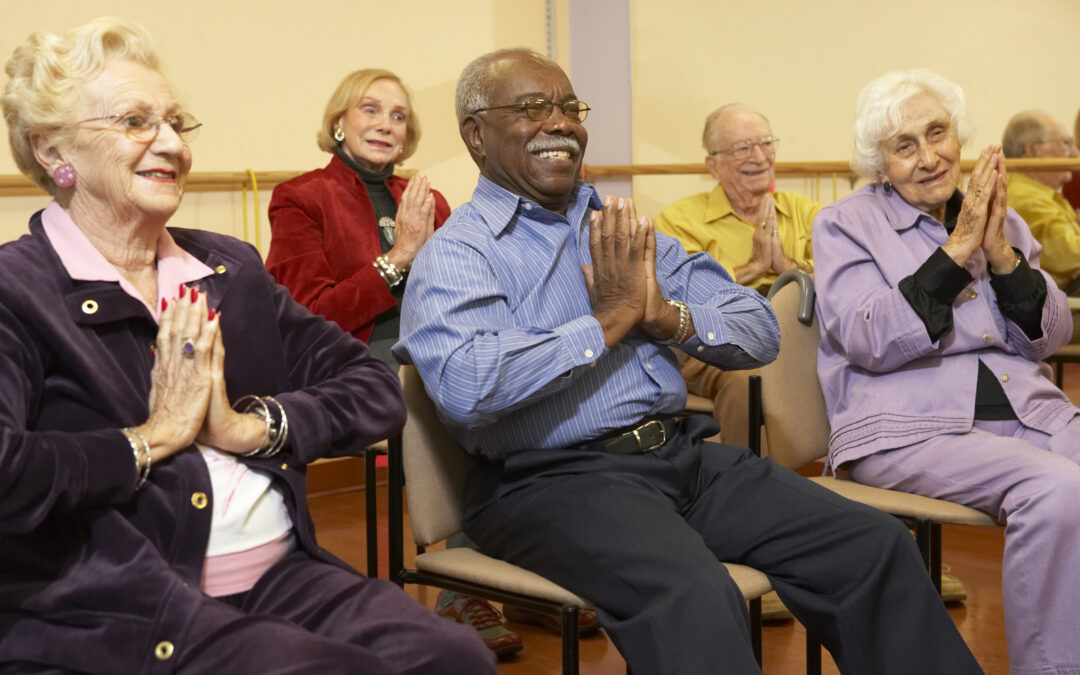(As published in the Hamilton Spectator, January 13, 2021)
Laura Kerr
One cannot overestimate the importance of social connections in our lives. Opportunities for social participation and connecting with others are critical for our physical, mental and emotional well-being.
The Hamilton Council on Aging, along with partners from the City of Hamilton and the Seniors Advisory Committee, are working to develop Hamilton’s second Plan for an Age Friendly City (2020-2026). “Social Participation” has once again been identified as a priority need for older adults in our community in order to remain healthy and thrive; it is also the fifth goal in the next plan’s iterations.
As highlighted in the report “Aging in the City of Hamilton” published prior to the pandemic, most older adults indicated that they participated in social activities. However, 10% reported participating in one or less activities a month. One-third of older adults indicated a desire to participate in more activities, but many face barriers to doing so, including lack of transportation, availability and affordability of activities, personal health issues, or having no one to go with. This is not unique to Hamilton residents; further data from Statistics Canada estimates that 10-15% of older adults experience social isolation and/or loneliness.
Through the development of the first Plan for an Age Friendly City (2014-2019), older adults reported activities in which they most frequently participated which included: visiting family and friends, sports and physical activities, educational classes, cultural events and attending places of worship, and social activities such as cards, arts and crafts, dance, or visiting the library. Notably, almost all activities listed involve physical presence, gathering, or “in- person” classes. Almost all activities were abruptly changed, cancelled, or transitioned to an online environment as a result of public health recommendations to slow the pandemic.
Many older adults have support and resources to access services and technology, while still participating in social opportunities with friends and families in a safe and meaningful way. Folding chairs in parks and virtual meetings became bridges to maintain connections and visit loved ones.
However, for far too many, the cancellation of “in-person” services, family gatherings and community programming has not only limited their ability to stay connected, it has also widened the existing gaps in access to technology and transportation. Recent studies suggest that the number of older adults who do not participate in social activities or experience social isolation and loneliness is increasing exponentially. This is a considerable setback to a population that has already faced several barriers and a disproportionately high rate for isolation.
Regardless of age, the pandemic has highlighted the need for social connections. For many recreation service providers, removing barriers and reaching those who are at greatest risk for isolation has been at the forefront of outreach initiatives and the pursuit of new opportunities for social connection.
Over the past eight months, the City of Hamilton’s Recreation Division staff have embraced the opportunity to pivot and offer solutions as a response to the increased risk of isolation. Staff have connected with over 4,000 senior centre and club members while services have been reduced to conduct wellness checks. Through conversations with staff, the member’s level of connection and technology needs are assessed to understand their risk for isolation, with follow- up provided on tailored information about services.
During this same time, we have also increased alternative programs and services available, including an unprecedented demand for phone-in recreation programming for older adults through the Senior Centre Without Walls program. Since March 2020, the Senior Centre Without Walls program has increased from two programs a week to twenty programs a week for close to 200 participants.
Both initiatives have made one thing clear: the goal for social participation has been exacerbated and the barriers to connect with others have only compounded. This has fueled plans for new initiatives in 2021, including digital literacy and technology workshops, real time video programming, and rethinking facilities about how programs are offered. Strategic partnerships between service providers and senior’s Boards will be essential to ensure programs and communication reach those who need it the most. Planning alongside transit and outdoor park spaces will ensure opportunities for safe physical participation outside of one’s home.
Now more than ever, it is important that we stay connected virtually to support seniors in our community. Remember to make time to reach out and check in with the seniors in your life/neighbourhood, especially during the long, cold months of winter. We are in this together, and will get through this together.
Laura Kerr is the Manager of Program Development in the Recreation Division for the City of Hamilton and a member of the Age Friendly Collaborative Governance Committee where she is a champion for social participation. For more information on the Hamilton Council on Aging or to join our membership or make a donation please see www.coahamilton.ca

